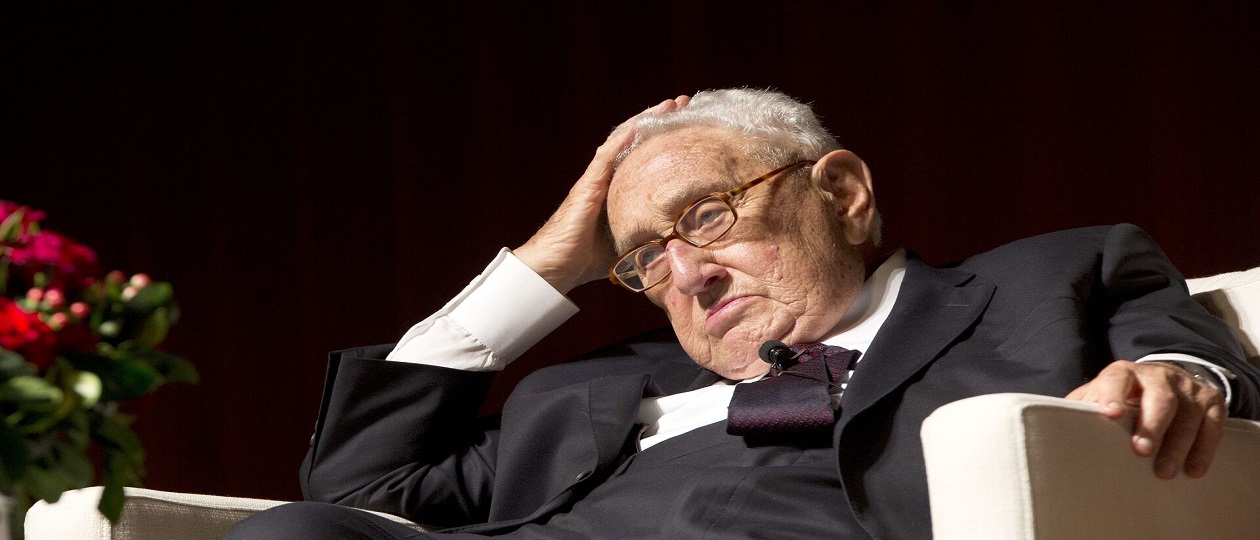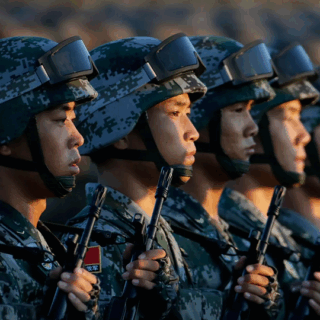
Many different words can be said about the late statesman — both good and evil, fair and biased.
Kissinger activities can be considered from a variety of points of view — from the position of abstract humanism, the global claims of Euro-Atlanticism, and finally, based on the postulates of his favorite international realism.
But in these short lines I will try to say how I imagined the attitude of this outstanding diplomat towards Russia. Simply put, was he our friend, or was he always our enemy? There will still be arguments over this issue.
Everyone knows and remembers that Kissinger initiated a policy of détente with the Soviet Union, but everyone also knows and remembers that he was much more drawn to China and, moreover, it was he who ultimately split the communist bloc, laying the foundations for the future US-China alliance.
Kissinger was not a big supporter of NATO expansion, but he, it seems, said very clearly back in 1992 that Russia’s path to NATO was forever barred, because NATO was created solely to contain our country, no matter what it was called.
Kissinger saw Brezhnev as a partner, but he was also very skeptical about Reagan’s friendship with Gorbachev. He never seemed particularly euphoric about Yeltsin, but he also established very good contacts with Putin. His entire policy towards Russia was marked by this paradox — he was a politician who clearly did not want openly pro-Western forces to prevail in Russia, forces counting on friendship and mutual understanding with the United States.
The reason for this is quite simple. We ourselves, as private people, are also not always happy about the fact that someone is in love with us, when we know that we cannot reciprocate. Kissinger firmly knew and insisted that the United States would never reciprocate Russia’s love, and therefore he preferred Brezhnev to Gorbachev and Putin to Yeltsin.
He wanted to see in the Kremlin a person who, of course, was not harshly hostile to his country, but who treated it with some cold, pragmatic indifference. He taught this cold mutual indifference to the world elite, both Western and Russian.
It seems to me personally that this was a valuable and important lesson — without a doubt, one can see behind this indifference some very specific calculation, say, of cheap labor in China or of its military-industrial power. But I think that the fundamental basis for this indifference is a clear understanding that, in terms of its scale, Russia does not fit into the Euro-Atlantic house, although this should not prevent us from being friends at home.
Kissinger was the gravedigger of all the bright expectations of the sixties — for progress, the merging of East and West, the convergence of systems, etc. I think we will miss him precisely as a person, with his mere presence in the world establishment, making it clear that the time for civilizational friendship has not yet have arrived.





